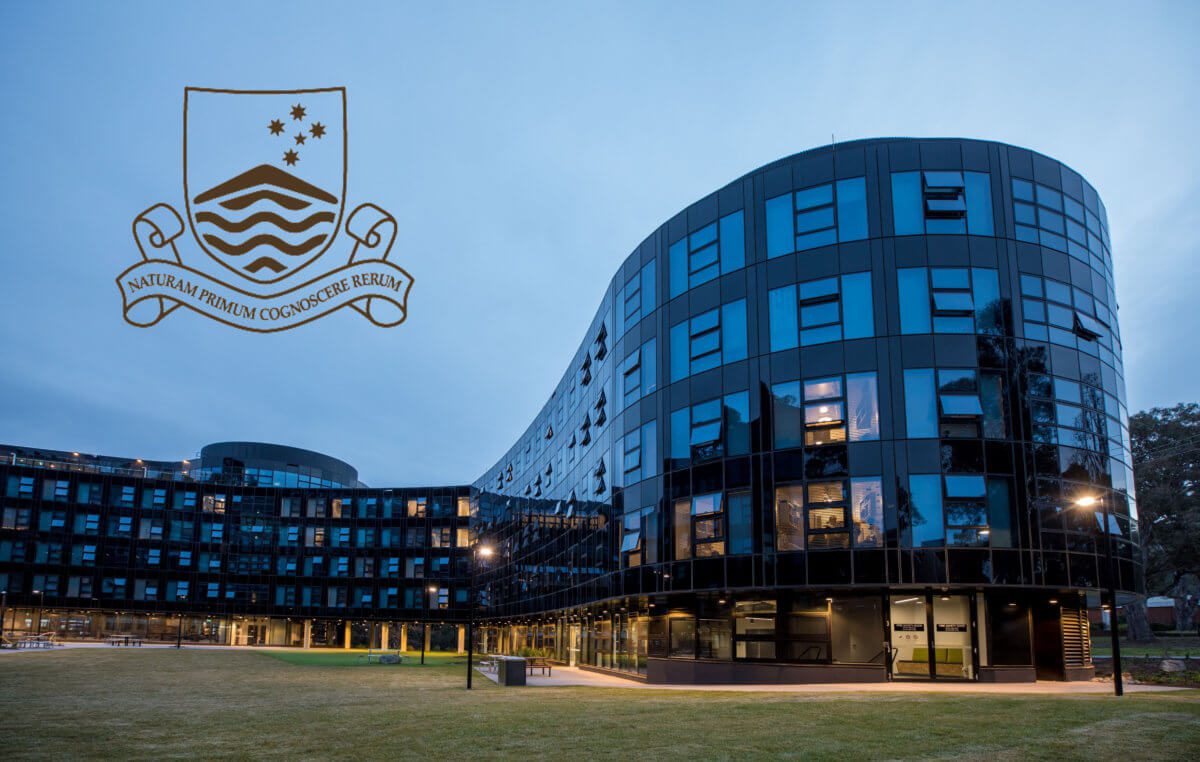This week, the ANU announced changes to COVID-19 isolation protocols for its residential halls. These changes allow COVID-19 positive students to access communal kitchens and dining halls, with restrictions varying from hall to hall. Woroni spoke to students across campus to understand the full impact of these changes at each hall.
As of 20 July 2022, ANU’s COVID-19 Safe Plan for Student Accommodation allows for the following changes at ANU-owned residential halls. In halls with communal kitchen facilities, COVID-19 positive students may use communal kitchen facilities to cook meals, but must eat these meals in their rooms. P2/N95 masks must be worn, hand sanitiser must be used, and students must not “remain for long periods in the kitchens. In catered halls, COVID-19 positive students may collect their meals from the dining hall during 15 minute designated slots. These students must wear P2/N95 masks, and must not stay in the dining hall after meals have been collected. Time slots for Ursula, Bruce and Wright Halls are specified in the document.
At Bruce, Ursula, and Wright Halls, and John’s XXIII College COVID-19 positive students are now allowed to collect meals from the dining hall during 15 minute slots. During these slots, non-positive students are not allowed to enter the dining hall.
At Burton & Garran Hall, COVID-19 positive students are allowed to use a designated kitchen, which is separate from those kitchens used by non-positive students.
At Fenner and Waramburun Halls, COVID-19 positive students can cook anywhere in the kitchen. However, students have been told that the Hall is trying to organise more specific logistics, such as a separate time for COVID-19 positive residents to use the kitchen.
Burgmann College has confirmed that the ANU notified them of the potential to change to a collection system, but has chosen to remain with the delivery of meals at the present time. The college have, however, indicated that a move to the dining hall collection system may be implemented if deliveries become unmanageable for staff.
UniLodge restrictions remain largely the same, with COVID-19 positive students in shared accommodation allowed to use communal bathroom and kitchen facilities.
Students have expressed concerns with these changes, combined with a relaxation of mask mandates throughout halls of residence, as COVID-19 cases continue to rise in the ACT. Students are particularly concerned as this semester sees a return to primarily in-person learning, meaning students may miss class if they are exposed to COVID-19 within their residence.
An ANU spokesperson described these measures as forming “part of the University’s plans to live with COVID-19 safely and sustainably”. They also expressed confidence that students have “clear guidance on how to use shared facilities…in a COVID-safe manner” and explained that the plans were approved by the “relevant health and safety officials at ANU.”
On Monday 25 July the ACT recorded 790 new COVID cases, while hospitalisations are rising nation-wide.
We acknowledge the Ngunnawal and Ngambri people, who are the Traditional Custodians of the land on which Woroni, Woroni Radio and Woroni TV are created, edited, published, printed and distributed. We pay our respects to Elders past and present. We acknowledge that the name Woroni was taken from the Wadi Wadi Nation without permission, and we are striving to do better for future reconciliation.
